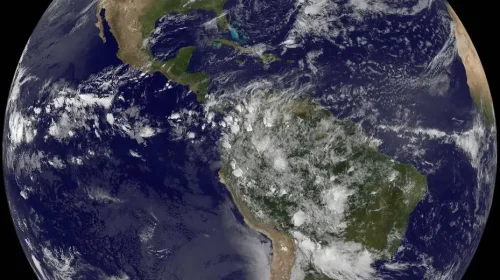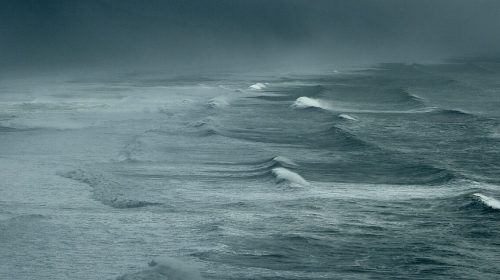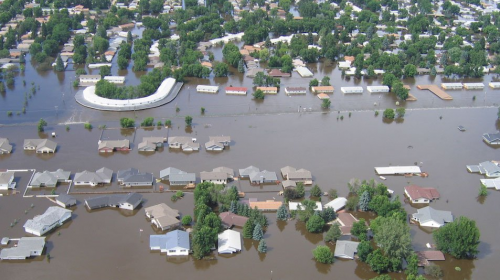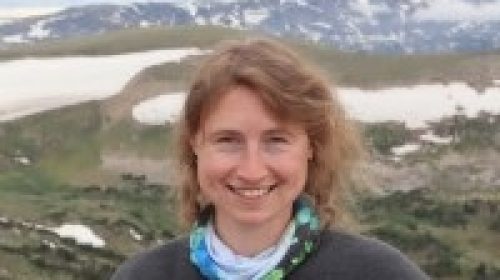Despite their small size, marine plankton form the base of the food chain and are essential to marine ecosystem functioning. Plankton communities are diverse in size, and the relative abundance of different sized organisms provides information to scientists about how the total amount of living things in an ecosystem and how efficiently nutrients are able to travel up the food chain. Climate researchers predict that warming oceans will cause shifts in plankton communities across the global ocean, and consequently, these organisms represent an important link between climate and fisheries. Plankton community size, structure, and behaviors are difficult to measure, but a project supported by a partnership between CPO’s Climate Observations and Monitoring (COM) Program, Climate Variability and Predictability (CVP) Program, and NOAA’s Global Ocean Monitoring and Observing (GOMO) Program is working on a robust global plankton database, called the Pelagic Size Structure database (PSSdb).
Scientists Jessica Luo of NOAA’s Geophysical Fluids Dynamics Laboratory (GFDL) and Rainer Kiko of Sorbonne Université in France were supported by this COM, CVP, and GOMO collaboration to support biogeochemical modeling with innovative dataset development. The dataset is based on imagery from emerging technologies using autonomous underwater instruments taken over the past several decades. The first data release of this new product was published on June 2, 2023 on Zenodo. On June 8, postdoctoral scholar Mathilde Dugenne will present on this work at the 2023 Aquatic Sciences Meeting in Palma de Mallorca, Spain, with a talk titled “Zooplankton size distribution in the Atlantic Ocean: recent estimates from a global pelagic size structure database and relationships with environmental factors.” On June 15, postdoctoral researcher and NOAA GFDL visiting scientist Marco Corrales-Ugalde will give a presentation titled “A particle size structure database based on sustained observations from plankton imaging systems” at the U.S. Ocean Carbon and Biogeochemistry summer workshop in Woods Hole, MA. Jennifer Melara-Valle will join this research team at GFDL/CIMES this summer through the CIMES Summer Internship program as they continue to push forward assessments of the modeled plankton size structure and its variability in CMIP6 models as part of the PSSdb project.











